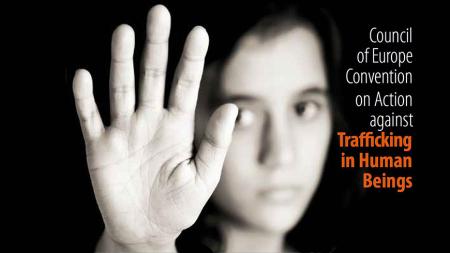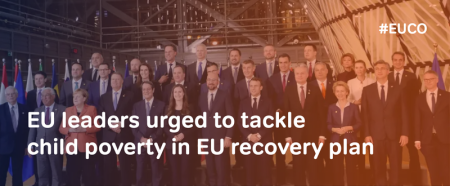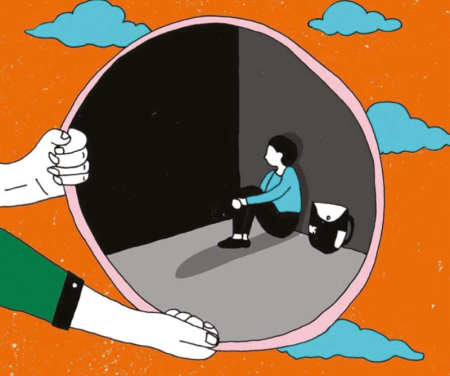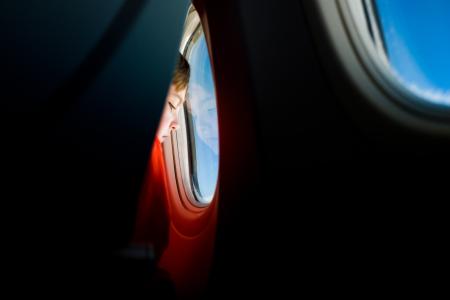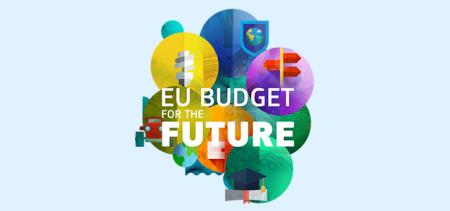
Earlier this month, journalists lifted the lid on the latest allegations of exploitation and modern slavery, this time in the textile industry in some parts of England. This reopened the debate on how States globally are addressing trafficking and modern slavery as, of course, this atrocious crime is not limited to England. Trafficking in persons and exploitation also happen in parts of Asia and of East Africa for instance. Our members work with local partners and communities to raise awareness about trafficking and help reduce the risks of children and young people becoming victims of this crime.
The United Nations Office on Drugs and Crime defines it as the “…recruitment, transportation, transfer, […] of persons” which is done while using “the threat or use of force or other form of coercion, of abduction, of fraud, of deception […]”. It is done “for the purpose of exploitation”, including sexual exploitation, slavery and forced labour. Child trafficking is about removing children from their protective environment, using means that target their vulnerability, for the purpose of exploitation.
As we once again mark the World Day against Trafficking in persons, Destination Unknown calls on States to commit to do more, urgently, to eradicate child trafficking. States should commit to uphold and protect the rights of all children on the move, and reduce their vulnerability, including through targeted measures for child victims of trafficking.
For children on the move, who may be fleeing war or searching for better opportunities, there are limited or often no options for moving safely, whether they move within their country or across borders. This lack of safe and regular migration routes can leave many children with no choice but to use dangerous routes. They are at increased risk of trafficking. Children who are moving alone or who become separated from their caregivers during the journey are particularly vulnerable. About 30% of victims of trafficking are estimated to be children. The real percentage is likely much higher as many cases may go undetected.
What are we doing?
Destination Unknown members work to support authorities to strengthen child protection services, reduce the risk of trafficking and ensure support to and protection for victims.
Prevention and protection
Our members work with communities in different contexts to raise awareness about the risks of children being trafficked. They promote the protection of children and young people against the risk of exploitation and abuse.
Factors such as poverty, economic insecurity, lack of access to education, inadequate care from parents and /or legal guardians, family disagreements and domestic violence and in some cases cultural perceptions and peer pressure, contribute to some children being at risk of trafficking. In many contexts, we have seen that children on the move are sometimes considered “easy targets” and are at a higher risk of trafficking and exploitation.
Supporting reintegration and working with the community
In South Asia, South-East Asia, and East Africa, Destination Unknown members support the reintegration of children where they have been returned home (where it has been deemed to be in their best interests). In the communities that we work with, many cases of child trafficking, such as online sexual exploitation, organised street begging or domestic child labour, have in common the involvement of an adult close to the child, be it a neighbour, a teacher, or a relative. Adequate responses to child trafficking need to involve the whole community if we want to prevent children from falling into the hands of traffickers more than once.
Identification, protection and redress for children
Child protection authorities should be in the lead wherever children are concerned, and States must put in place measures to identify and respond to the individual needs and vulnerabilities of children on the move quickly and comprehensively. Children who have been exposed to trafficking should have access to appropriate support and protection. Beyond basic needs such as food, clothes and medical care, children should be given the support to access counselling and psycho-social assistance as well as education and opportunities to develop skills. Our members are committed to working with communities, with key local child protection actors, as well as with local authorities, to help ensure that children who have been exposed to trafficking have access to the support they need while appropriate solutions are explored on the basis of the children’s best interests, including the possibility to return home.
The prosecution of traffickers is also a key part of addressing child trafficking. Our members call on governments to support child-friendly justice.
A world without child trafficking is within reach but it requires bold, decisive, and collaborative action to make it happen. In the context of International Migration, States have committed to eradicate trafficking in persons through the Global Compact on Safe, Orderly and Regular Migration, and Destination Unknown remains convinced this is a useful framework for action.
It requires putting children first.




